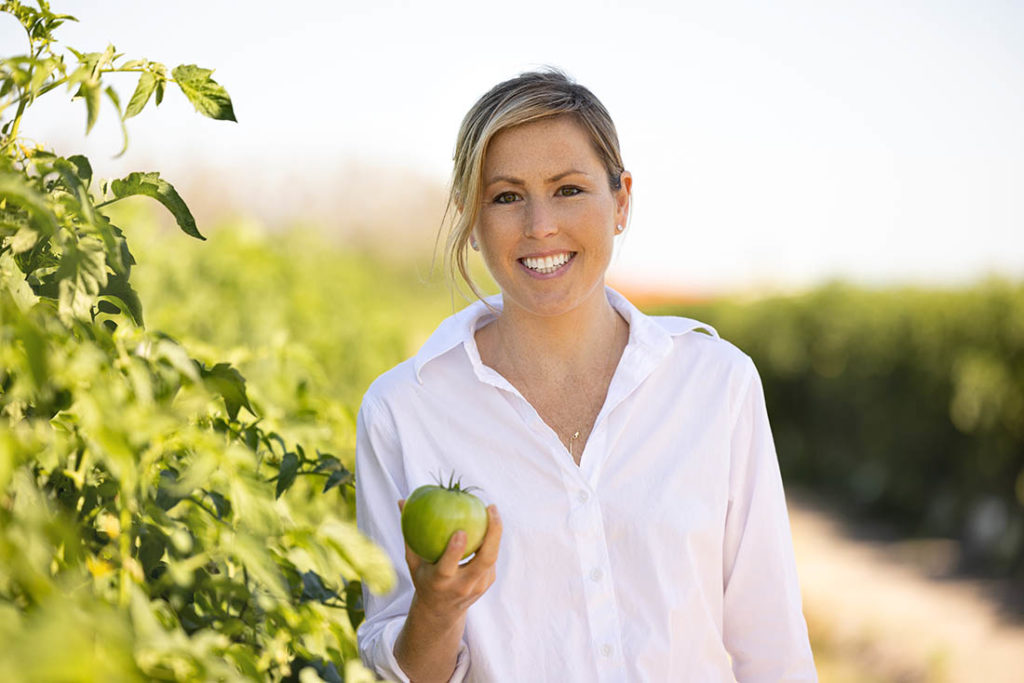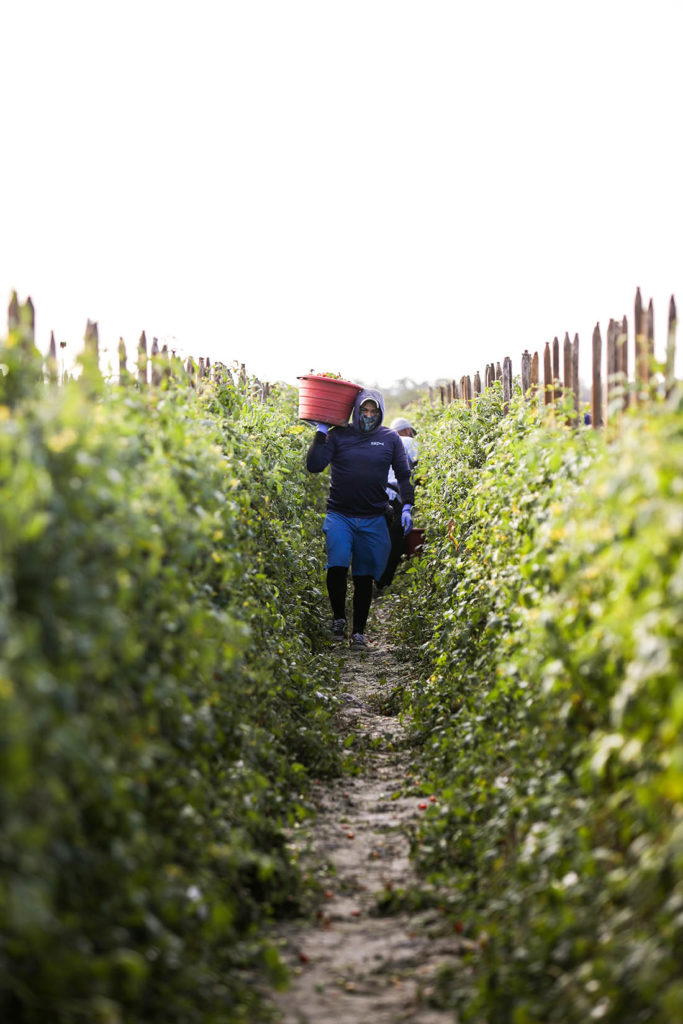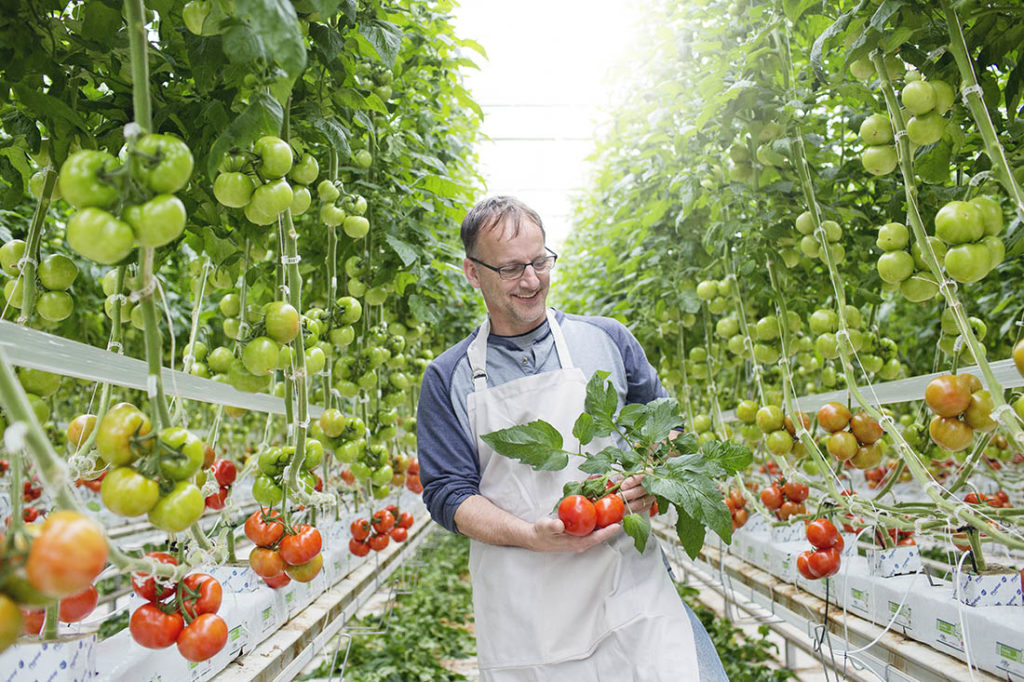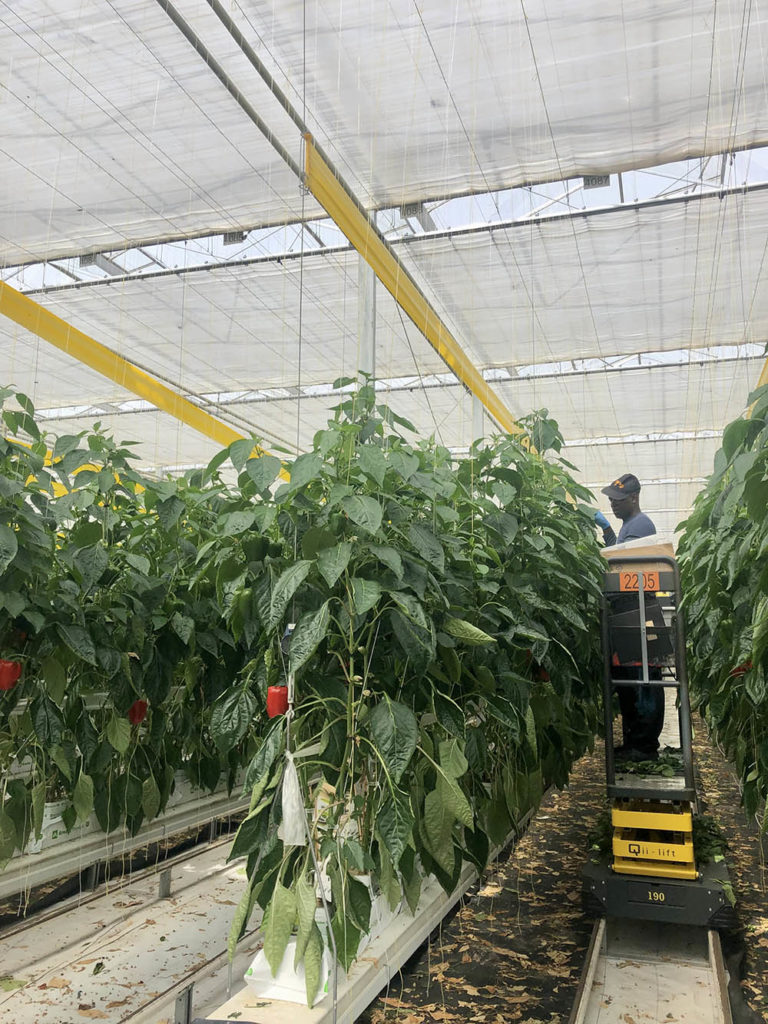By Clint Thompson
A company that has remained sustainable and profitable for 75 years in the current economic climate is a modern-day success story.

Photos courtesy of Lipman Family Farms
PRIORITIZING PEOPLE
The secret to Lipman Family Farms’ success is it prioritizes people. This includes its large workforce as well as the desires of consumers who purchase its various specialty crops every day. This prioritization allows Lipman Family Farms to forge ahead and ponder the potential of the next 75 years.
“The generations of family owners have understood that investing in the best interest of the company meant investing in the best talent. The 75th anniversary milestone is an opportunity to look ahead at the potential the company holds for the future generations of Lipman family members, employees and their families, too,” said Elyse Lipman, chief executive officer (CEO) of Lipman Family Farms.
“The company value of investing in the best talent has resulted in 300 people that have been with the company for more than 20 years. This is the strongest illustration of Lipman’s commitment to nurturing a family-oriented atmosphere and a strong culture for generations to come; 75 years is just the beginning.”

EMBRACING TECHNOLOGY
The foundation is set for the company to remain a specialty crop success story for the foreseeable future. Lipman family members who have led the company since its inception have learned to adapt through various economic landscapes. They have also adapted to technological advancements that will be key to surviving rising costs associated with production, especially labor.
“Technology allows us to work smarter, not harder, across our company,” Lipman said. “We have focused on investing in technology to be more sustainable and to augment our current practices and teams. Because of our vertically integrated model, we are uniquely set up to test and trial new technologies and capture and measure their impact in relation to the full supply chain. We are able to test and track technologies ranging from automation and AI (artificial intelligence) learning to ripening technologies.”
Decades of research led to the development of the Crimson tomato variety. Its thick skin and deep, red color are trademarks of Lipman Family Farms’ most famous proprietary variety. The company has also developed computerized weather stations and irrigation systems that are tailor-made for individual plants. Packinghouse machinery and equipment are equipped with smart technology that ensures positive environmental impact.

SUSTAINABLE CULTURE
Much of Lipman Family Farms’ success originates from a mindset that sustainability is not just a practice, it is a company identity. The farm has transitioned to reusable, longer-lasting stakes for its tomato crop, which reduces waste in the fields. Approximately 100 million pounds of produce every year are repurposed as livestock feed. The company also has achieved a 70% reduction in water consumption with drip irrigation technology. This equates to 66 million gallons of water saved every year.
“We are a business with our eye on the ability to continue to feed future generations. We’ll be able to do so as long as we’re responsible with our resources today,” Lipman added.
The business has navigated through various economic challenges, dating back to its inception in 1948. It was then that a $100 investment sparked an agribusiness with a footprint that now reaches across both the East Coast and West Coast as well as other countries like Mexico and El Salvador.
Lipman Family Farms was founded as a field-grown tomato operation in Southwest Florida. Today, it has operations in four countries and partners with a network of local farmers across the world to market quality produce year-round.
Its current obstacles, though, are like those other farming operations across the specialty crop sector are trying to overcome with the continued aftermath of COVID-19. Lipman Family Farms is not immune from challenges like a diminished workforce, soaring input expenses and unfair trade practices that make growing produce in the Southeast a challenge to sustainability.
“Farmers need to do more with less while delivering on evolving consumer expectations. Consumers are demanding new, exciting flavors and are curious to learn more about where their food comes from,” Lipman said. “Lipman is meeting their needs with convenient yet affordable options all year long. It’s a challenge and the greatest opportunity to deliver on these expectations.”

TEAM SUCCESS
Charged with delivering on those expectations, Lipman recently assumed the position of CEO. She believes the people that have been the mainstay of Lipman Family Farms’ success will be entrenched in the company’s DNA 75 years from now. She is committed to encouraging the very best from her workers and continues to foster an environment for innovation and growth to meet the future needs of an ever-changing produce supply chain.
“I’m here to ensure my team is empowered to do what they do best,” Lipman said. “Building and maintaining a sustainable agribusiness comes down to the people who drive the business forward. For generations, we’ve understood that investing in the best interest of the company meant investing in the best talent. Our employees are the innovators who are advancing our technologies and keeping Lipman at the forefront of adoption, creating a sustainable business for future generations.”
As the company embarks on its next 75 years of producing specialty crops like tomatoes, peppers, cucumbers, squash and green beans, Lipman Family Farms is committed to continue its role as a leader — in the field and away from the farm.
“The diversification across our growing processes ensures that we are able to be the greatest stewards of our land and resources, learning from all of our growers and operators the most efficient and effective means of responsible growing,” Lipman said. “With such a strong foundation and team, I will continue to build upon this to set the company up for another 75 years. I want to continue to foster a culture that invites others to challenge the status quo. With this collaborative approach, I’ve built an agile team environment, which is unique in the produce industry.”









